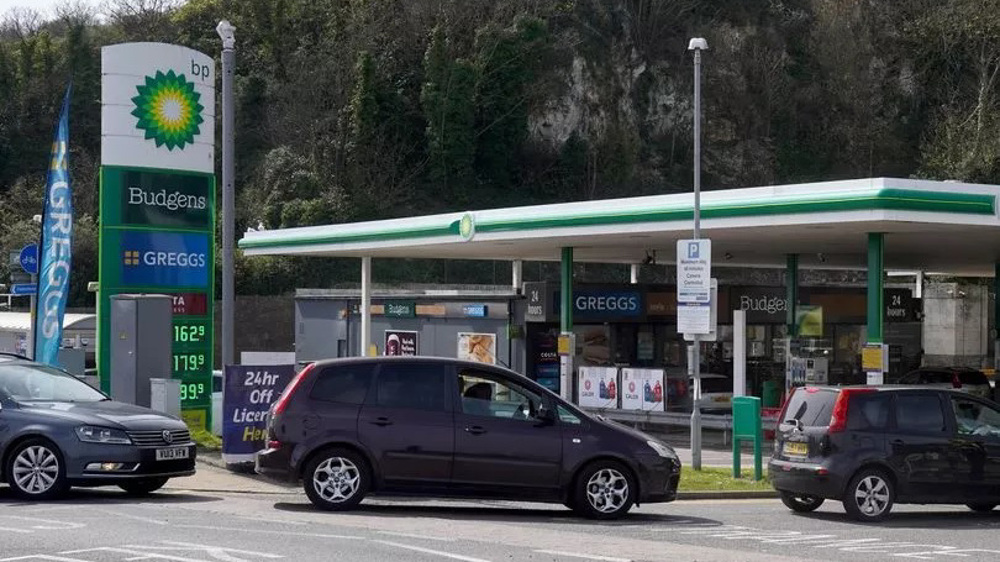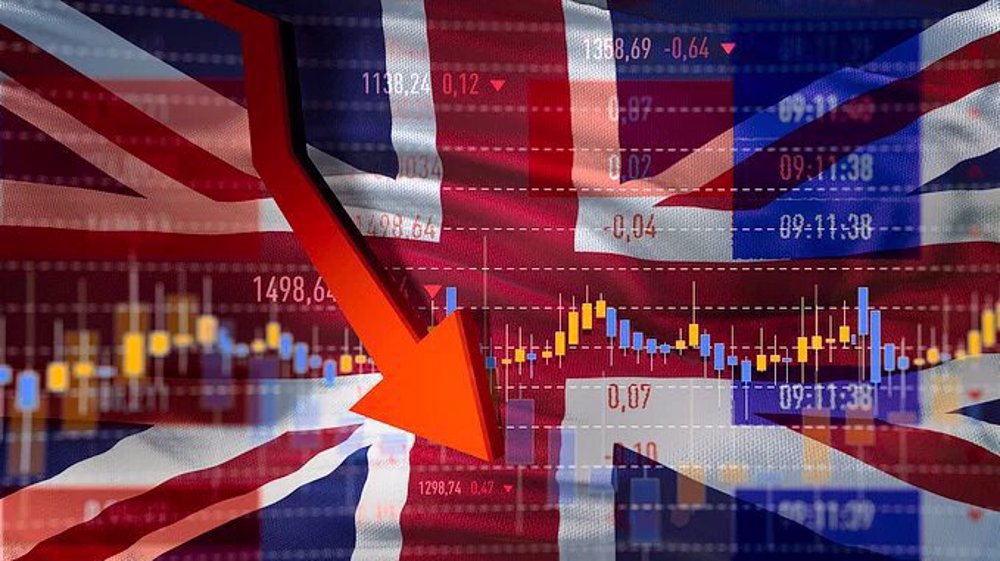UK economy shrinking at fastest rate since 2009: Survey
The British economy has shrunk at its fastest rate since April 2009 -- the peak of the 2007-08 financial crisis – following the vote to leave the European Union (EU), according to a business survey.
Speaking in China on Friday, Philip Hammond, the new UK Chancellor of the Exchequer, said the report showed the Brexit vote had damaged confidence and caused a period of economic uncertainty.
The United Kingdom voted to leave the EU after 43 years of membership in a referendum last month. Some 52 percent (17.4 million) of British voters opted to leave the EU, while roughly 48 percent (16.14 million) of people voted to stay in the union.
The first survey of business activity since the June 23 referendum shows that the services sector is particularly hit hard. It also suggests that UK GDP could shrink by 0.4 percent in the third quarter as manufacturing has dropped to its lowest level since February 2013.
Data from IHS Markit's Purchasing Manager's Index (PMI) shows the composite index – which measures both services and manufacturing – dropped from 52.4 in June to 47.7 in July, a seven-year low. A reading below 50 indicates contraction.
The services index fell from 52.3 in June to 47.4, which is the lowest since the peak of the financial crisis seven years ago, while manufacturing went down from 52.1 in June to 49.1.
Chris Williamson, chief economist at IHS Markit, said the downturn has been "most commonly attributed in one way or another to 'Brexit'."
"Given the record slump in service sector business expectations, the suggestion is that there is further pain to come in the short-term at least,” he warned.
Chancellor Hammond said the PMI survey showed that the Brexit vote has damaged business confidence.
“It tells us that people’s confidence, businesses’ confidence has been dented. They’re not sure, there’re in a position of uncertainty now,” said Hammond.

“Our job is to restore as much certainty as we can, as quickly as we can,” he said, after meeting with Chinese policymakers in Beijing.
Membership of the EU has been a controversial issue in the UK since the country joined the then European Economic Community in 1973.
Those in favor of a British withdrawal from the EU argued that, outside the bloc, London would be better positioned to conduct its own trade negotiations, better able to control immigration and free from what they believe to be excessive EU regulations and bureaucracy.
Those in favor of remaining in the bloc argued that leaving it would risk the UK's prosperity, diminish its influence over world affairs, and result in trade barriers between the UK and the EU.
After the Brexit vote, the British pound crashed to its lowest levels in 31 years, dropping below $1.35 for the first time since 1985.
Israeli airstrike kills at least 7 people in Rafah
VIDEO | Iranians hold nationwide demos in support of IRGC
Syria condemns US veto of Palestine UN membership resolution
Iraqi resistance forces hit Israeli Ovda air base
Hackers break into Israeli military’s computers, access trove of documents
Tulkarm Brigade commander killed by Israeli forces in raid on refugee camp
Zionist media desperately trying to turn Israeli defeat into victory: Iran
VIDEO | Press TV's news headlines










 This makes it easy to access the Press TV website
This makes it easy to access the Press TV website